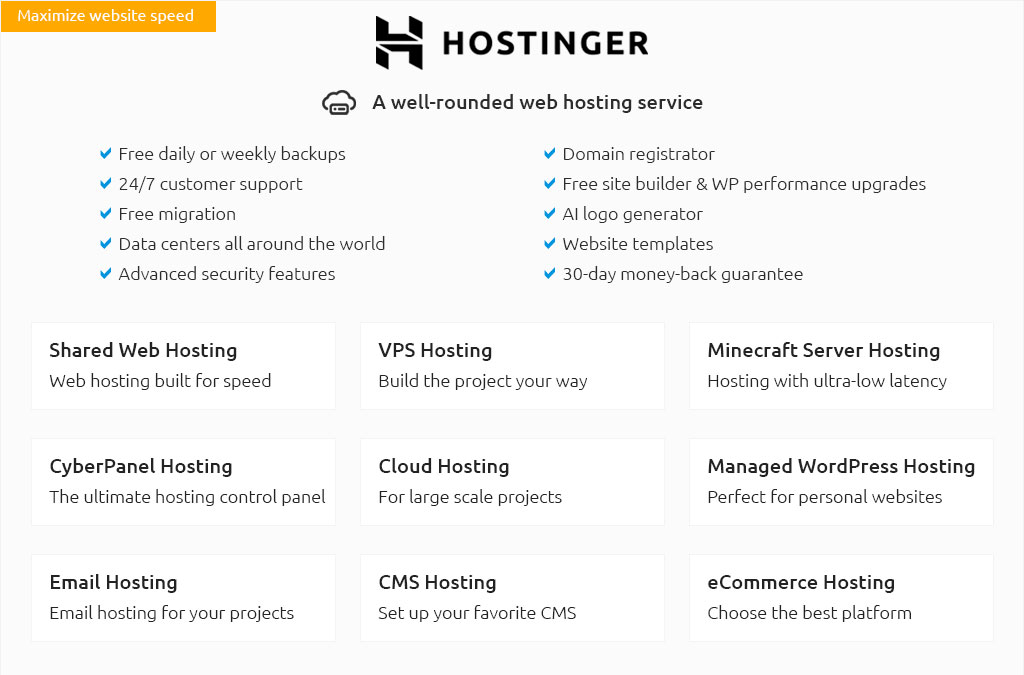 |
|||
 |
 |
 |
|
 |
|
 |
 |
 |
|||
 |
|||
 |
|||
 |
|||
 |
 |
Understanding Windows Server VPS: A Comprehensive GuideIn the rapidly evolving landscape of technology, choosing the right server solution for your business is crucial, and among the myriad options available, Windows Server VPS stands out as a compelling choice for many. This article aims to provide an in-depth analysis of Windows Server VPS, examining its features, advantages, and how it compares to other popular options in the market. Windows Server VPS, or Virtual Private Server, offers a unique blend of flexibility, performance, and security that caters to a diverse range of business needs. Hosted on a virtual machine, a VPS allows users to enjoy the benefits of a dedicated server but at a fraction of the cost. This is particularly beneficial for small to medium-sized enterprises that require robust server capabilities without the hefty price tag associated with physical servers. One of the most lauded features of Windows Server VPS is its scalability. As businesses grow, their server needs evolve, and a VPS can be easily scaled up to accommodate increased traffic and data without the need for significant infrastructure changes. This flexibility is a vital consideration for businesses anticipating growth.
When comparing Windows Server VPS to other hosting options such as Linux VPS or dedicated servers, several distinctions become apparent. Linux VPS, for instance, is often praised for its cost-effectiveness and performance with certain open-source applications. However, for businesses that rely heavily on Windows-based applications, the compatibility and ease of integration offered by Windows Server VPS make it a more suitable choice. Dedicated servers, on the other hand, provide unparalleled performance but at a much higher cost. For businesses that do not require the full resources of a dedicated server, a VPS offers a balanced compromise, providing ample resources and control without the financial burden. In conclusion, Windows Server VPS emerges as a versatile and efficient solution for businesses of varying sizes. Its ability to offer dedicated resources, enhanced security, and customization, all while remaining cost-effective, positions it as a preferred option for many. While it may not be the perfect fit for every business, its strengths make it a compelling choice for those seeking a reliable and scalable server solution. Ultimately, the decision to choose Windows Server VPS should be guided by the specific needs of your business, taking into account factors such as budget, technical requirements, and anticipated growth. By carefully weighing these considerations, businesses can ensure they select a server solution that not only meets their current demands but also supports their future aspirations. https://learn.microsoft.com/en-us/answers/questions/1167774/host-new-vps-windows-server
Dedicated hosts are the same physical servers used in our data centers, provided instead as a directly accessible hardware resource. You can ... https://www.databasemart.com/vps-hosting?srsltid=AfmBOooKn0HWtVzknMcM54-A_POwEDwt2S_RtGhDIKPqVCVplrsikGAM
A Windows VPS hosting is a virtual private server that uses Windows as the base operating system. It provides a more user-friendly interface that features its ... https://www.cloudsurph.com/windows-vps-hosting/
Windows VPS Hosting. Our dedicated servers are operated on many different operating systems including Windows, Centos, Fedora or Ubuntu. Each dedicated server ...
|